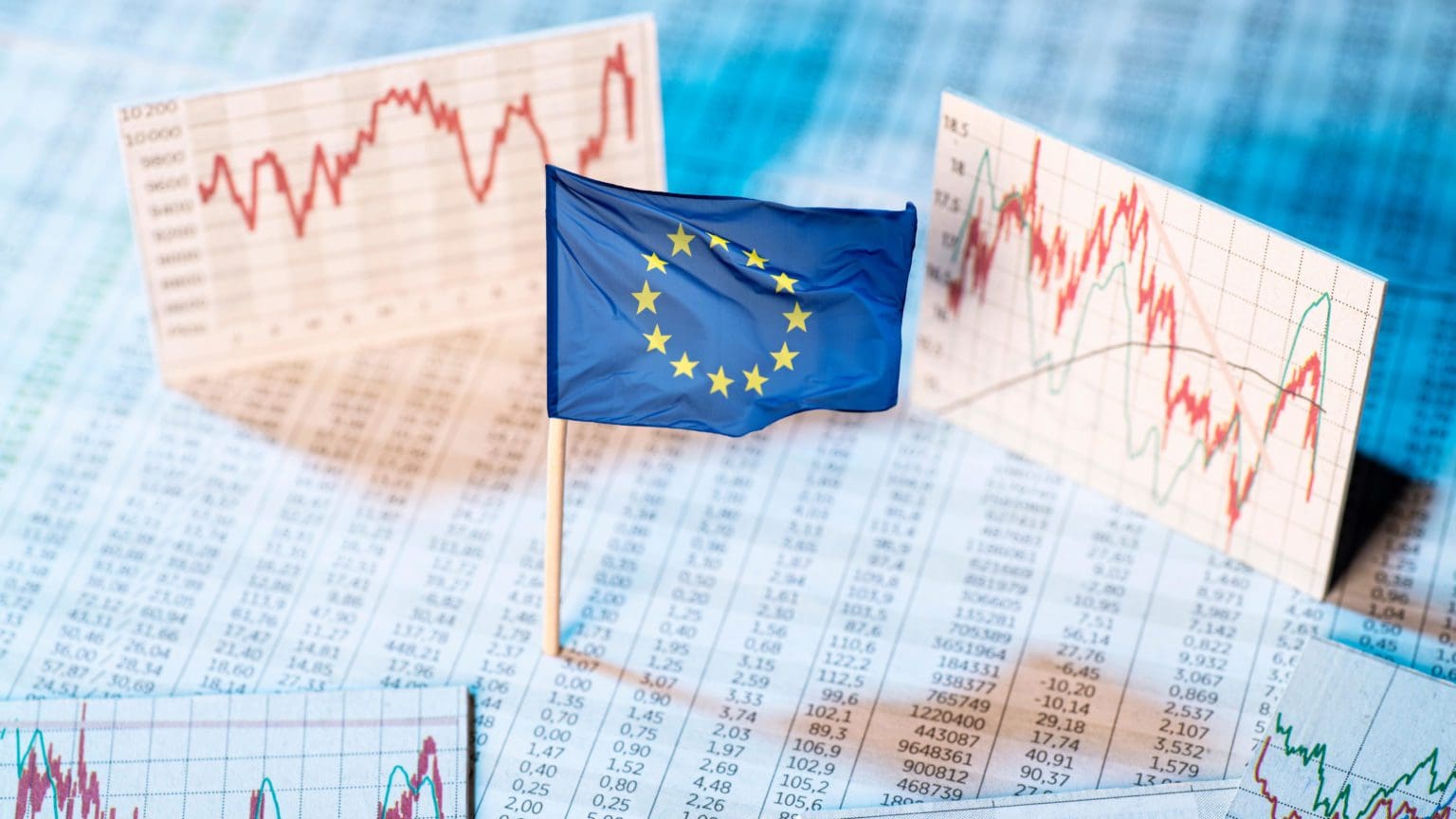Europe’s economy, which accounts for nearly 20 per cent of the world’s output, is facing its gravest setbacks since the start of the COVID-19 pandemic over two years ago. Though there was an expectation of rapid post-lockdown growth, a multifaceted crisis is threatening to bring that growth to a grinding halt. Like the US and other similar economies, Europe is dealing with sky-high inflation, an energy crisis, a nearly unprecedented heatwave, and political instability. Experts warn that a recession in the coming months is increasingly possible as the risks pile up. ‘I think the odds are we will have a recession in Europe over the winter,’ said Erik Nielsen, chief economics adviser at UniCredit.
The Energy Crisis
Perhaps the largest concern regarding Europe’s economy is the access to energy or lack thereof. The flow of gas from Russia is less than one-third of what it was 12 months ago, 12 EU member states have had gas supplies from Russia drastically reduced or cut off entirely.
If gas were to stop flowing entirely, countries like Slovakia, the Czech Republic or Hungary could fall into severe recession. Nord Stream 1 was shut down for a scheduled maintenance, with many experts predicting it would stay offline for good. Although the pipeline was restarted on 20 July, it was only at 30 per cent capacity, a 10 per cent reduction from the 40 per cent operating capacity prior to the maintenance. To make matters worse, Russia has since reduced gas flow on the pipeline to 20 per cent of capacity.
So in terms of gas flows, the only thing that is guaranteed today is a long period of uncertainty, as the possibility of future gas throttling will hang over Europe in the foreseeable future.
There is an emergency plan in place called ‘Save Gas for a Safe Winter’ to soften the blow of the crisis, which calls for member states to reduce gas use by 15 per cent in the next eight months. The plan’s focus is on reducing demand by businesses and public buildings, while households should remain unaffected.
Inflation
Annual inflation in the EU catapulted to 9.6 per cent in the EU and 8.6 per cent in the Euro area. Many central banks, such as the European Central Bank, are raising interest rates in an attempt to get inflation under control.
Unfortunately, this is an uphill battle, because interest rates have been negative in recent years. In addition, if the energy crisis pushes the region into recession, the central bank could be forced to stop raising rates, further obstructing its ability to curb inflation.
Scorched Earth
As a heatwave grips the region and wildfires are raging across the continent, economic activity could slow down even more.
The UK reached its hottest ever temperatures at 40.2C, and thousands have died in Southern Europe due to the heat. Rivers are drying up, too, putting a dent in shipping capabilities and nuclear reactor cooling.
Low water levels affect the economy so drastically that Germany’s industrial output fell by 1 per cent in just one month as a consequence of the Rhine river’s drop in water levels.
Political Instability
While the energy crisis, inflation and cataclysmic heat are pushing the region towards chaos, there is plenty of political drama, too.
Italy’s governing coalition has recently all but collapsed, with Prime Minister Mario Draghi trying to cling on to power, but then being forced to resign, after which the Italian president dissolved parliament and early elections were set for 25 September.
Risk of Recession
The European Commission released an economic forecast on 14 July, which projected that EU economic growth would be 2.7 per cent this year and 1.5 per cent in 2023. Annual average inflation is calculated to reach 8.3 per cent.
Despite this, a recession is not a given, according to Sylvian Broyer, chief economist for Europe, the Middle East, and Africa at S&P Global Ratings. Household finances remain strong and public investment is growing.
A sharp downturn in growth is 100 per cent certain, but the chances of a ‘full-fledged recession’ are smaller according to Broyer, at a chance of around 30-40 per cent. Broyer’s estimates could sound alarming, but a survey by Bank of America is even more worrying. According to the survey, 54 per cent of respondents expect a recession in the coming months.
Considering the multi-layered crisis the continent is dealing with, including the war in Ukraine, the energy crisis, record inflation, scorching heat, and political instability, it is unsurprising that experts are forecasting a recession, as all of these events are compounded by each other. The risks of a Europe-wide recession are high, and it is unclear and questionable if the continent is equipped to handle the challenge.








